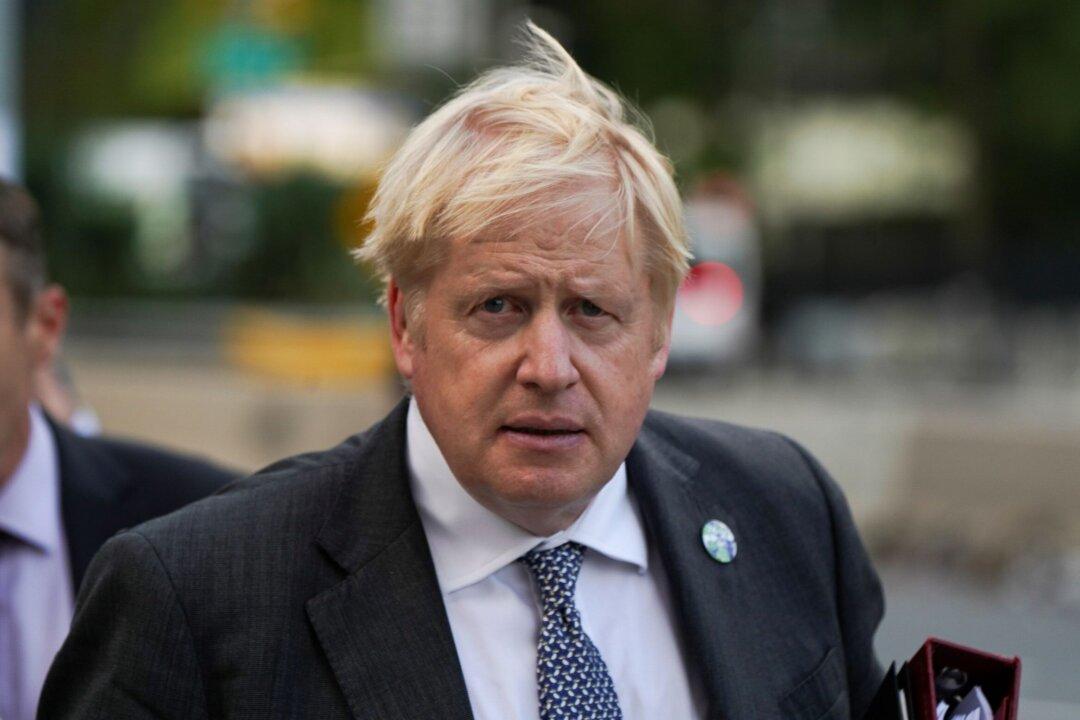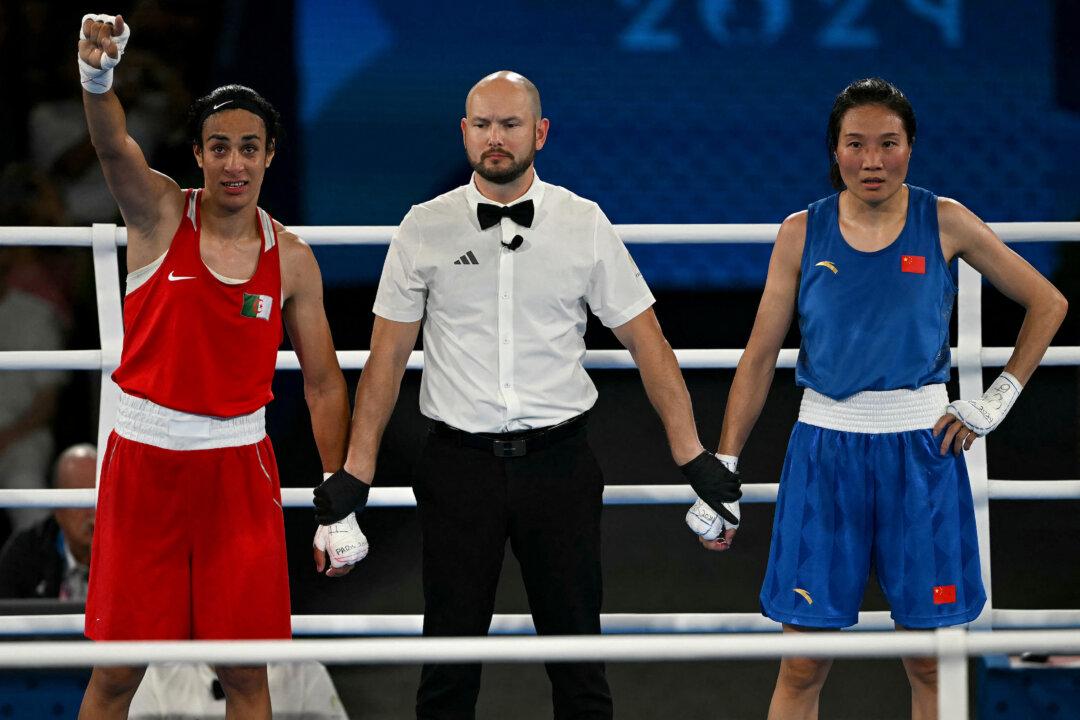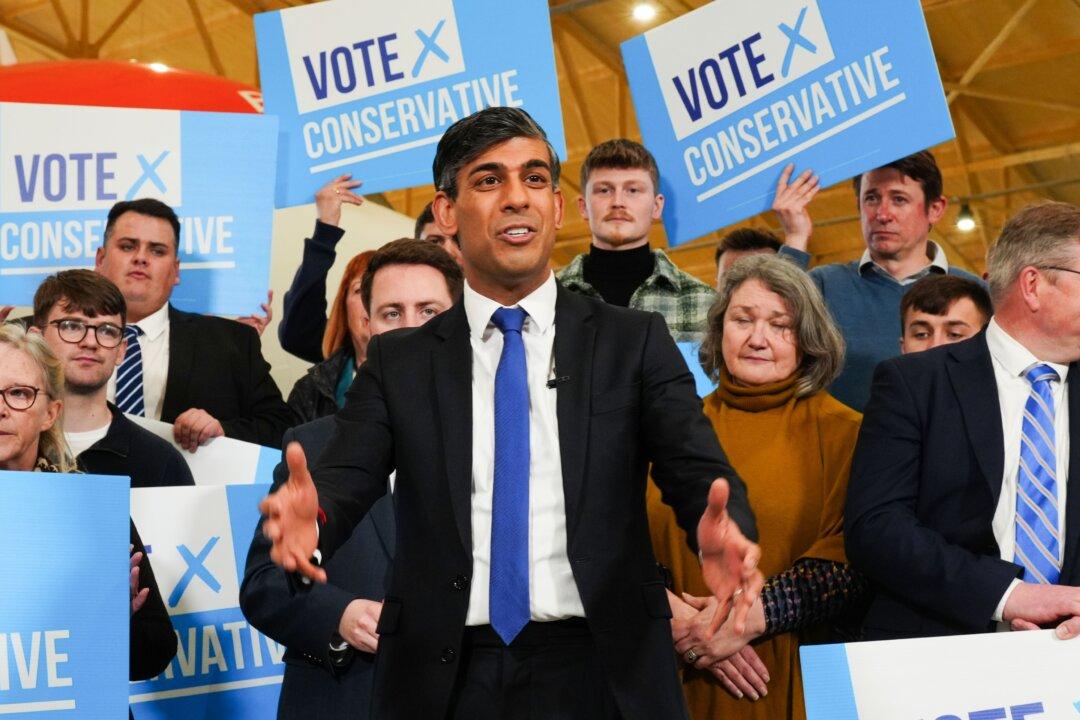British Prime Minister Boris Johnson’s government rejected fresh accusations of corruption on Sunday after a newspaper investigation found major donors to his Conservative Party were offered seats in Parliament’s upper chamber.
The government has been embroiled in a corruption row over the past week, with Johnson forced to abandon plans pushed through Parliament to protect one of his lawmakers who was found to have broken lobbying rules.




